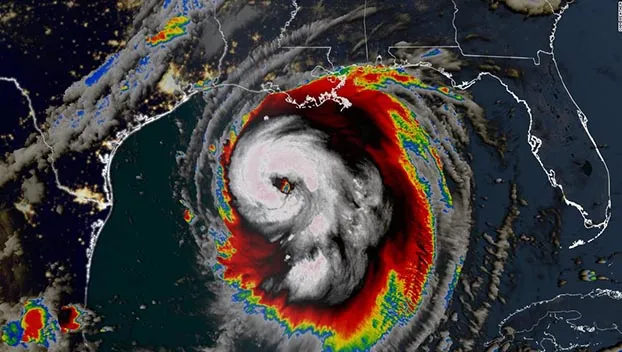High Court ought to be more diverse
Published 6:42 pm Friday, August 3, 2018
John Cornyn’s general take on backgrounds of Supreme Court nominees is supremely sensible. Texas’ senior senator, who sits on the upper chamber’s judiciary committee, thinks the high court membership ought to somewhat reflect the nation’s diverse geographic sections.
Justices “ought to represent different regions,” not solely the East or West Coasts, he said this week, and they ought not come solely from elite Eastern, Ivy League universities.
Cornyn himself speaks from authority. A St. Mary’s law school graduate, he has practiced law, served as a district judge and on the Texas Supreme Court, and has served as this state’s attorney general.
Cornyn offered his views in response to a Port Arthur News question during a Thursday telephone conference call with Texas reporters. The discussion included President Trump’s nominee to the Supreme Court, Brett Kavanaugh.
Specifically, The News asked if the court’s composition of mostly Easterners and Ivy League graduates, at the expense of nominees from Texas or the heartland, troubled him.
“Bluntly, yes,” he said, adding later, “I, for one, would like to see more people from around the country.”
That’s not to shortchange Kavanaugh, no stranger to Cornyn, who has known him for some 15 years. He respects Kavanaugh’s intellect and his judicial philosophy, which is to interpret the law as it is written, not to create new law from the bench.
Consider the high court as it’s composed: Chief Justice John Roberts, New York born, Harvard educated; Clarence Thomas, Georgia born, Yale educated; Ruth Bader Ginsburg, New York born, Columbia educated; Stephen Breyer, California born, Harvard educated; Samuel Alito, New Jersey born, Yale educated; Sonia Sotomayor, New York born, Yale educated; Elena Kagan, New York born, Harvard educated; Neil Gorsuch, Colorado born, Harvard educated.
Eight justices: Five from East Coast states, four from New York, all from Ivy League law schools. Add to them the name of Brett Kavanaugh, reared in Maryland, a Yale graduate, and the lack of diversity becomes troubling.
That’s why we preferred other names to Kavanaugh’s when Trump was weighing his choices, including Donny Ray Willett of Texas or Bill Pryor of Alabama or others who might have broken the East Coast and Ivy League strangleholds on the court.
We would have welcomed a right choice from populous Texas, which, soon enough, will be home to one of every nine Americans. Ponder that number.
Nonetheless, Kavanaugh is well qualified to sit on the bench and, as a conservative, probably reflects the voters’ preference for conservative court nominees. Court appointments and the person who would make them were of great importance to voters as they chose Donald Trump over Hillary Clinton in 2016. Conservatives may disagree with Trump on many fronts, but his Supreme Court nominees have been excellent.





